
Introduction
White Borneo Kratom has gained popularity for its stimulating and focus-enhancing effects. However, many users and potential consumers worry about whether it will show up on a standard drug test, particularly the 5-panel and 10-panel tests commonly used by employers and law enforcement agencies. Understanding how kratom interacts with these tests is crucial, especially for those who rely on it for energy, mood enhancement, or pain relief.
What is White Borneo Kratom?
Kratom white borneo is a strain of the Mitragyna speciosa plant, originating from the Borneo region. This white vein variety is known for its energizing effects, making it a preferred choice for individuals seeking increased focus and mental clarity. The active compounds in kratom, mitragynine and 7-hydroxymitragynine, interact with opioid receptors in the brain, leading to stimulant-like effects in low doses and sedative-like effects in higher doses.
Understanding Drug Tests: 5-Panel vs. 10-Panel
5-Panel Drug Test
The 5-panel drug test is the most commonly used screening tool for detecting illicit substances in workplace settings. It tests for:
Marijuana (THC)
Cocaine
Amphetamines (including methamphetamine)
Opiates (morphine, heroin, codeine)
Phencyclidine (PCP)
10-Panel Drug Test
The 10-panel drug test is a more comprehensive screening tool and includes additional substances beyond the standard 5-panel test:
Marijuana (THC)
Cocaine
Amphetamines
Opiates
Phencyclidine (PCP)
Benzodiazepines (Xanax, Valium)
Barbiturates (Phenobarbital, Secobarbital)
Methadone
Propoxyphene (Darvon, discontinued in the U.S.)
Methamphetamine (MDMA, Ecstasy)
Does White Borneo Kratom Show Up on These Tests?
The simple answer is no – kratom, including White Borneo Kratom, does not show up on standard 5-panel or 10-panel drug tests. This is because these tests are designed to detect specific illicit drugs and their metabolites, and kratom's active compounds are not structurally similar to the substances these tests target.
However, specialized kratom drug tests do exist. Some employers, law enforcement agencies, and treatment centers use tests specifically designed to detect mitragynine and 7-hydroxymitragynine. These specialized tests are not common but can be used if there is suspicion of kratom use.
Factors That Could Lead to False Positives
Although kratom itself is not included in standard drug tests, some users report false positives due to its interaction with other substances. Here are a few scenarios where kratom users may face issues:
Cross-Reactivity with Opiates: While kratom is not an opiate, it binds to opioid receptors in the brain, which can sometimes cause confusion in certain tests that use broad-spectrum opiate detection methods.
Poor-Quality or Inaccurate Testing Kits: Some older or lower-quality tests might misidentify kratom alkaloids as other substances.
Metabolization Differences: Individual metabolism and how the body processes kratom can impact test results. Some people may break down kratom compounds in a way that interacts with drug screening components.
How Long Does White Borneo Kratom Stay in Your System?
The half-life of kratom's active compounds varies depending on factors such as dosage, frequency of use, metabolism, and hydration levels. Generally:
Mitragynine has a half-life of about 7–9 hours, meaning it can take 24–48 hours to clear from your system.
Regular users may retain kratom metabolites for up to a week.
Although kratom is not included in standard drug tests, it can still be detected using urine, blood, or hair follicle tests specifically designed to screen for kratom alkaloids.
Can You Avoid Detection if You're Concerned?
If you are concerned about being tested for kratom, consider the following:
Know Your Employer’s Policy: Some workplaces have specific policies regarding kratom use, especially in industries requiring strict substance regulations (e.g., transportation, law enforcement).
Detoxification Methods: Staying hydrated, maintaining a healthy diet, and avoiding kratom at least one week before a specialized test can help reduce its detectability.
Use High-Quality Kratom: Some adulterated kratom products may contain substances that could trigger a positive test result. Always buy from reputable vendors.
Is Kratom Legal?
The legality of kratom varies by country and even by state in the U.S. While kratom remains legal at the federal level, some states and municipalities have banned or restricted its use. Before using kratom, check your local regulations to avoid legal complications.
States Where Kratom is Banned:
Alabama
Arkansas
Indiana
Rhode Island
Vermont
Wisconsin
Some local jurisdictions in states where kratom is legal have also banned it, so always check state and local laws before purchasing or using kratom.
Conclusion
White Borneo Kratom does not show up on standard 5-panel or 10-panel drug tests, but specialized tests can detect its presence. While it is generally safe from triggering false positives, cross-reactivity with other substances is possible. Users should remain aware of their workplace policies and legal restrictions surrounding kratom use. If you are concerned about a drug test, it is best to abstain from kratom for at least a few days before testing or ensure that specialized testing is not being used.
FAQs
1. Can kratom make you fail a drug test?
Kratom does not show up on a standard 5-panel or 10-panel drug test. However, specialized tests can detect mitragynine and 7-hydroxymitragynine.
2. How long does White Borneo Kratom stay in your system?
Mitragynine, the primary alkaloid in kratom, has a half-life of 7–9 hours, meaning it can take 24–48 hours to clear from your system. Frequent users may retain metabolites for up to a week.
3. Can kratom cause a false positive on a drug test?
While rare, some kratom users report false positives for opioids due to cross-reactivity. However, confirmatory tests can differentiate kratom from opioid drugs.
4. Do employers test for kratom?
Most employers do not test for kratom unless it is explicitly included in their substance testing policy. Some specialized industries, like aviation and law enforcement, may use kratom-specific tests.
5. How can I detox kratom from my system quickly?
To speed up kratom elimination, drink plenty of water, exercise, eat fiber-rich foods, and avoid kratom for at least a few days before a drug test.
6. Is kratom legal in all states?
No, kratom is banned in some U.S. states including Alabama, Arkansas, Indiana, Rhode Island, Vermont, and Wisconsin. Always check local laws before purchasing or using kratom.

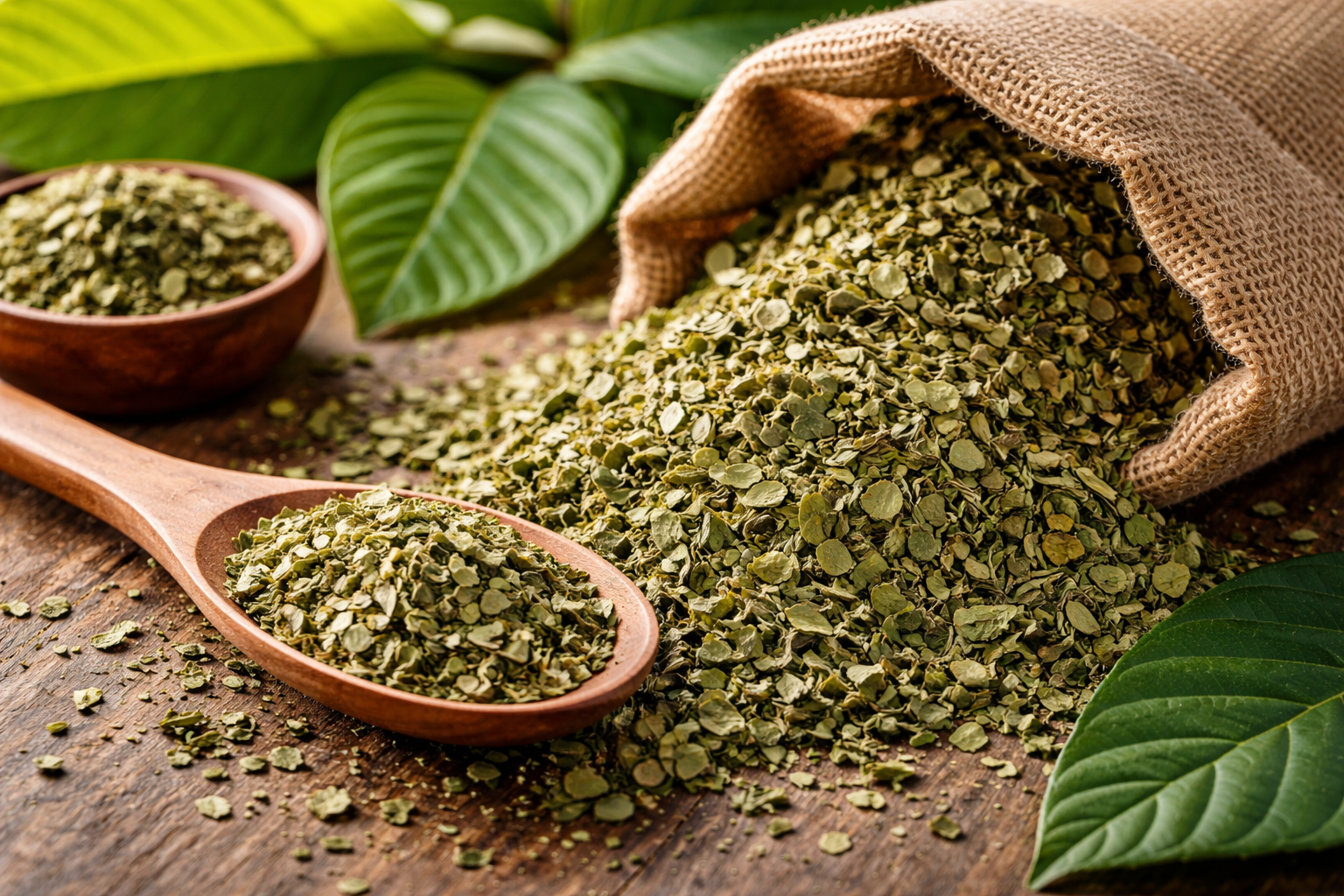
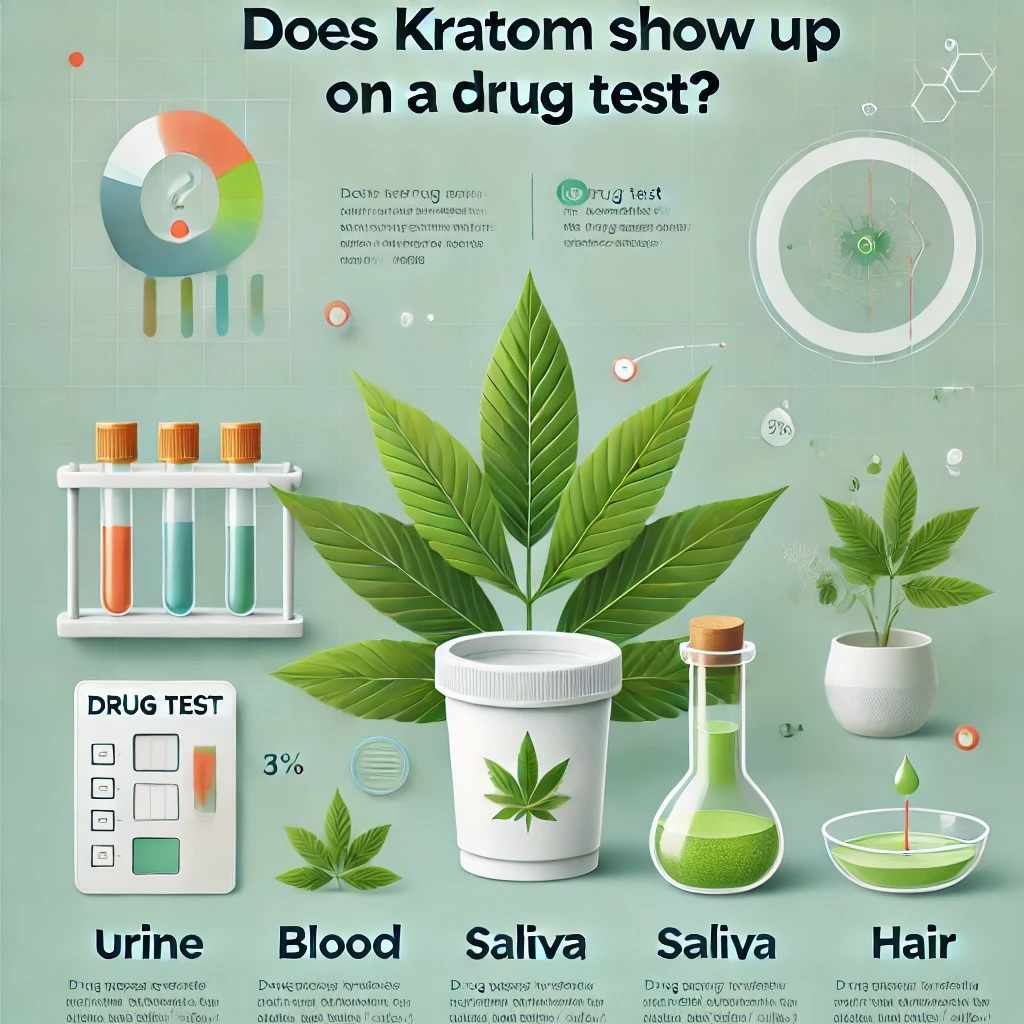


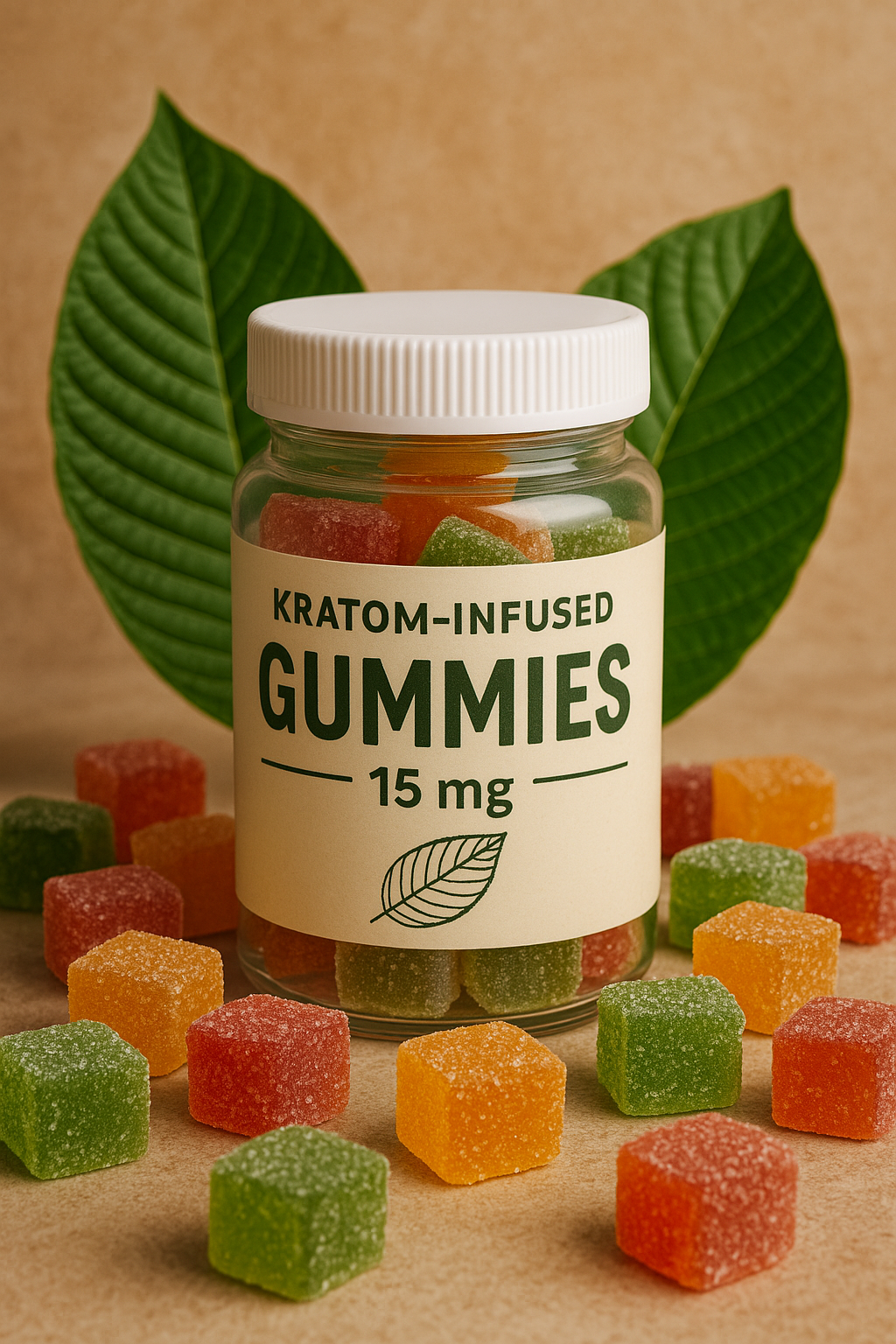
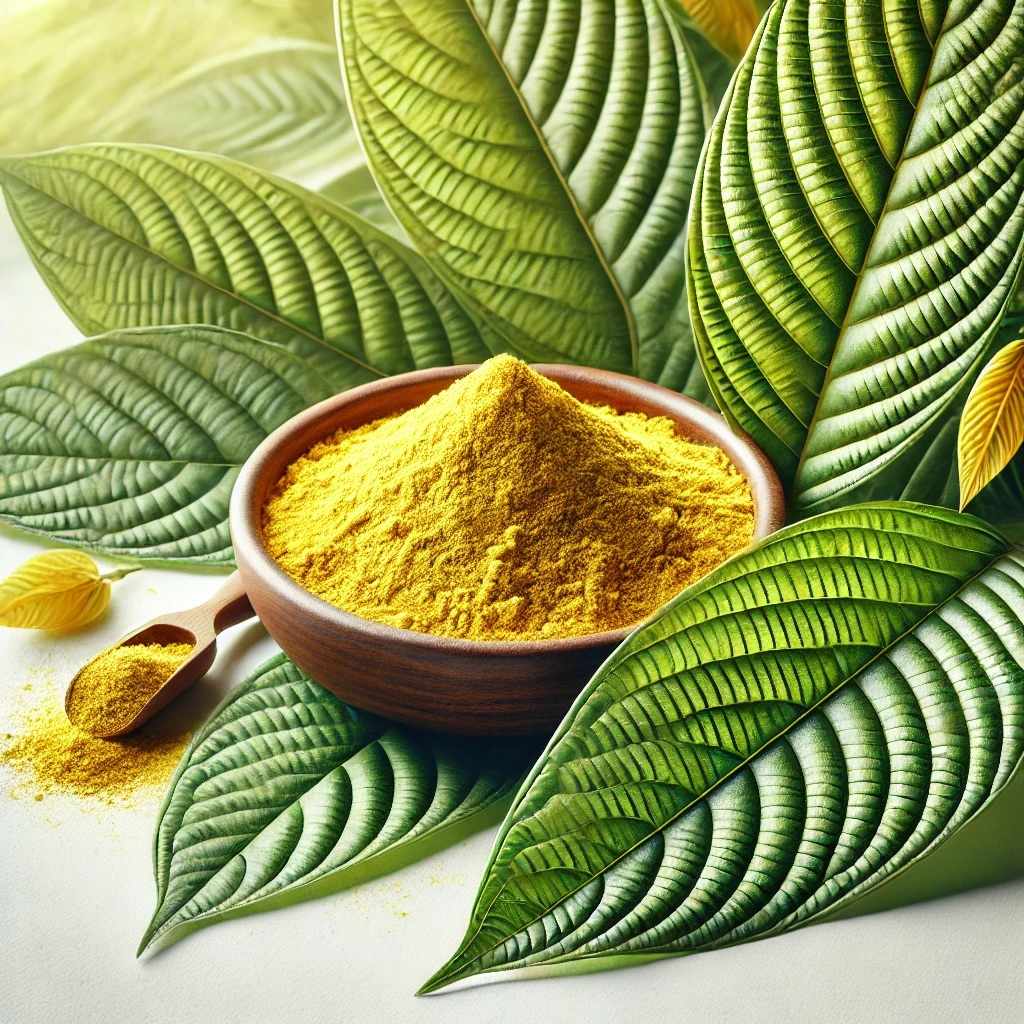





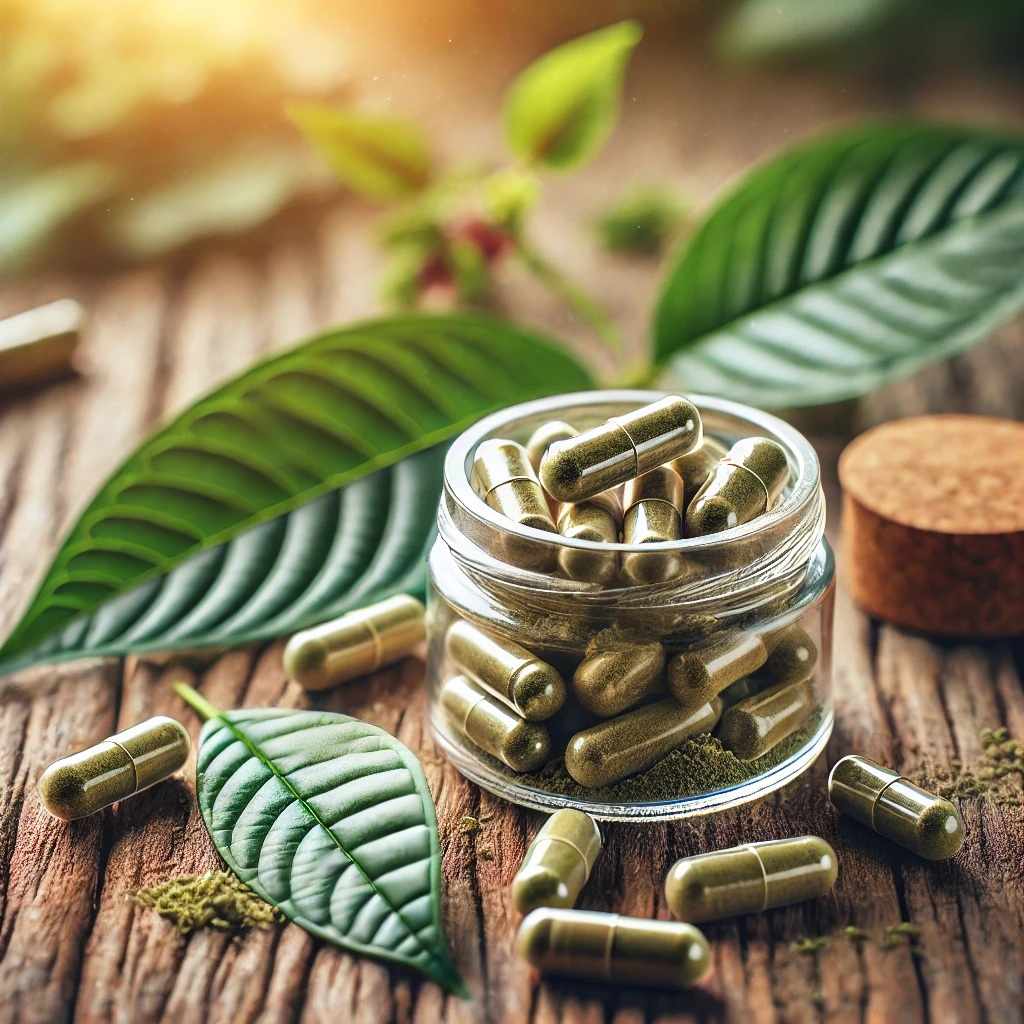

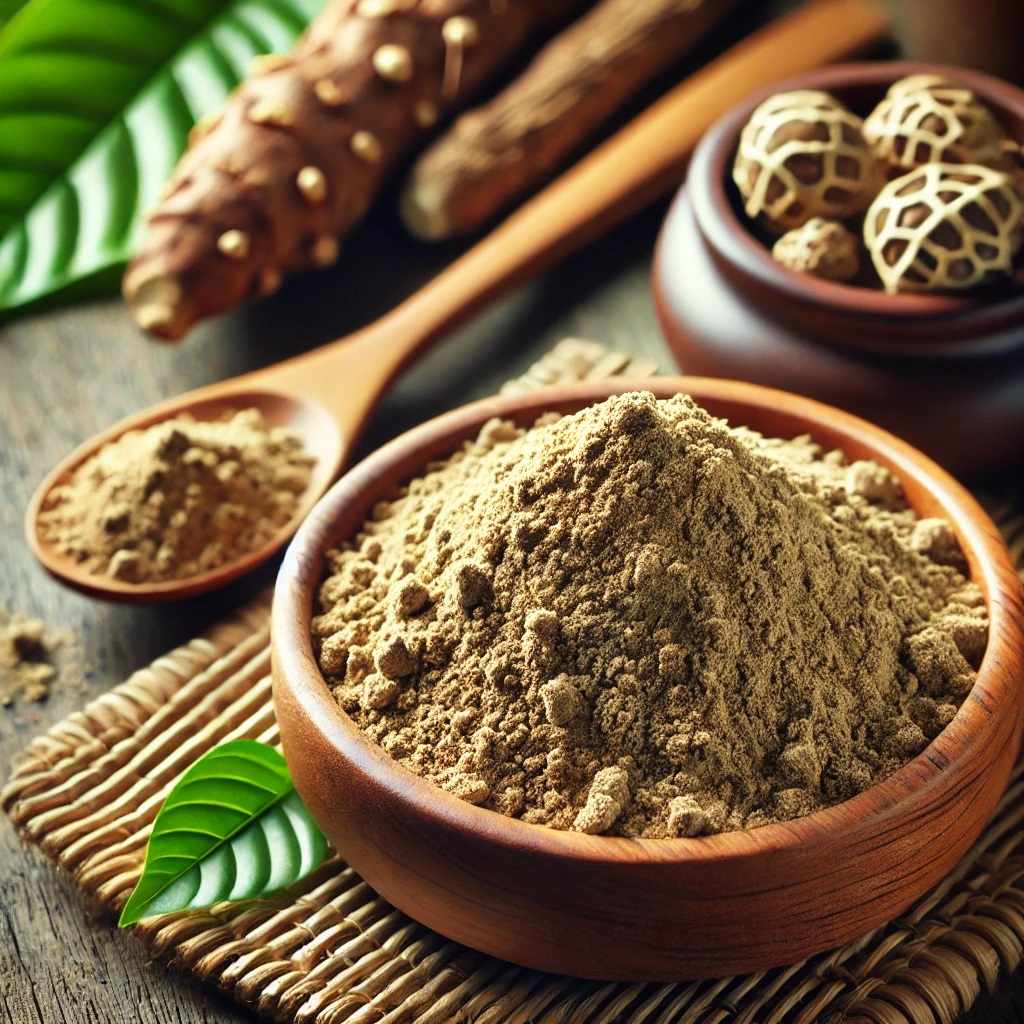






Write a comment ...